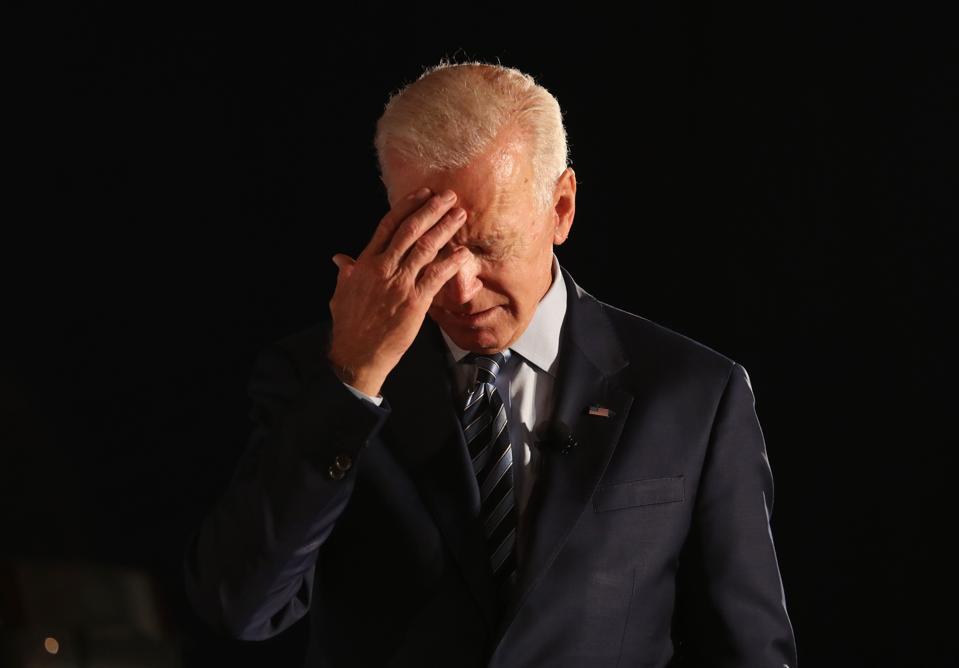Some of things that helped boost the economy this year may hurt it next year,new research shows.
“Fiscal stimulus in 2023 was part of the reason the market and economy surprised to the upside,” states a report from Ned Davis Research . “The fiscal injection was so large that it more than offset the tighter monetary policy.”
Specifically, lower taxes and more spending helped buoy the economy and send fiscal deficits higher, the report says.
Government data tells us that fiscal year 2023’s deficit will be $1.7 trillion up from around $1.4 trillion a year before.
But that situation of government stimulus lifting the economy and the stock market may not continue. The tax-payer funded boost that the U.S. economy got this year may turn out tone quite different. The Ned Davis report puts it like so:
- “A fiscal tightening, even an unintentional one, could weaken the relatively positive election year tendency for equities. Since WWII, the S&P 500 has risen a median of 10.7% during election years, the second–best of the four, after pre-election years.”
The report lists a few things that may not be repeated.
First the payments made by the FDIC for deposit insurance that occurred in the Spring when Silicon Valley Bank and others suffered may not repeat. That totaled a swing from year to year of $101 billion according to the Ned Davis analysis.
Falling Cap Gains Tax Receipts
Tax revenues declined due to lower capital gains. That makes sense given that the stock and bond markets had an absolutely appalling year in 2022, with both markets down considerably. The S&P 500 had a total loss (including dividends of minus 18% last year, according to data collated by Slickcharts. Meanwhile long term investment grade bonds dropped 27%, the worst since 1842, according to CNBC report.
With such losses there were far fewer capital gains for investors and hence less taxes due to the government.
On top of that Social Security payments got a double-digit increase of 11%, largely driven by inflation adjustments. But ti still cost $136 billion more than the previous year.
Defense spending increased by 6.7% or $49 billion. That’s understandable given the growing conflicts around the world such as in Ukraine and concerns over Taiwan’s independence.
The worry then is what happens to the markets. As the research note states election years are often good for investors as incumbents tend to try to improve the economy so things are good when people go to the polls.
Stocks May Still Be Good
For Wall Street a weaker economy might still be good because interest rates could come down along with a weaker economy. Interest rates are one of the key elements in how analysts value stocks.
For the Biden Administration a weaker economy may lead to a swing away from the Democrats. The case is often put that Americans vote with their pocket books. Put another way, if the economy is good then incumbents get reelected, if not they get ousted. At least that is the theory.

